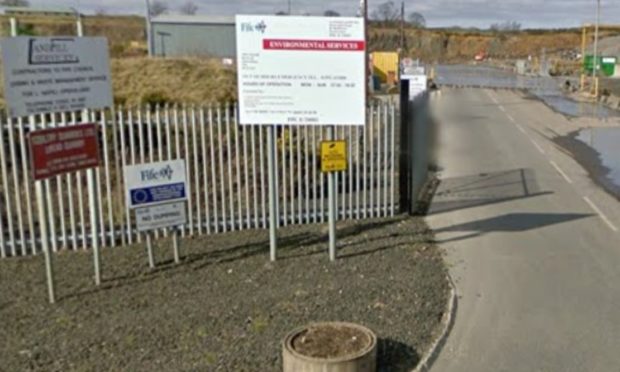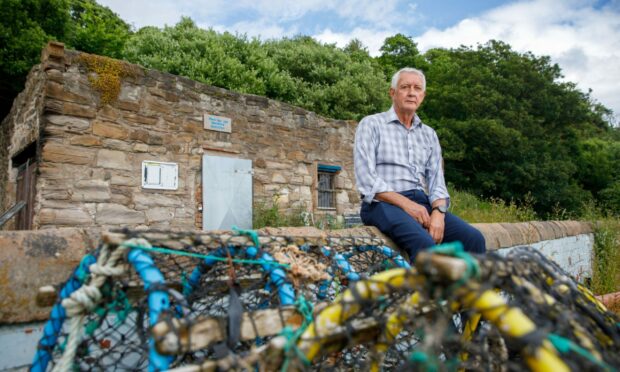A noxious eggy smell hanging across west Fife has been blamed on a council landfill site.
Locals have been complaining for months of a strong sulphurous stench every time they go outside.
Investigations have now traced the source to Lochhead landfill in the north of Dunfermline and efforts are under way to stop the stink.
Drivers on the M90 have reported the whiff, which can also be detected six miles away in Cowdenbeath.
It is particularly bad when there is a westerly wind.
“It’s a bad stench in the air, a very unpleasant rank smell.”
Conservative councillor Darren Watt.
One woman in Cowdenbeath said she was afraid to open her windows as a result.
“The whole house smells of it,” she said.
“It’s like a rubbish tip smell and it’s really horrible.
“You can also smell it coming down the motorway.”
Fife Council said it was the first time in 40 years the site had caused significant odour issues.
Officers believe the changing composition of the waste may be a factor.
They are now carrying out extensive work to install gas wells to capture the gas.
The gas will then be used to generate electricity that is supplied to the national grid.
So far, 14 wells have been dug.
The Scottish Environment Protection Agency (Sepa) is also investigating and has asked for the works to be carried out as quickly as possible.
‘Unpleasant rank smell’
Cowdenbeath Conservative councillor Darren Watt said he had received numerous complaints over many months.
“It’s often described as sulphur or methane-like,” he said.
“It’s a bad stench in the air, a very unpleasant rank smell.
“Everyone was uncertain as to where it was coming from.”
He added: “I followed this up and can confirm both Sepa and Fife Council have identified the cause.
“I’m advised that some issues were resolved quickly, however further work is still ongoing which includes drilling and installing gas wells and extraction systems.”
Lochhead is run by Fife Council’s arm’s length company Fife Resource Solutions (Refsol).
It’s chief operating officer Robin Baird said: “We’re continuing to do extensive work onsite to ensure we maximise the gas capture.
“These works continue at a pace, and is expected to be completed in the coming weeks.”










